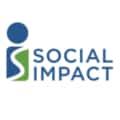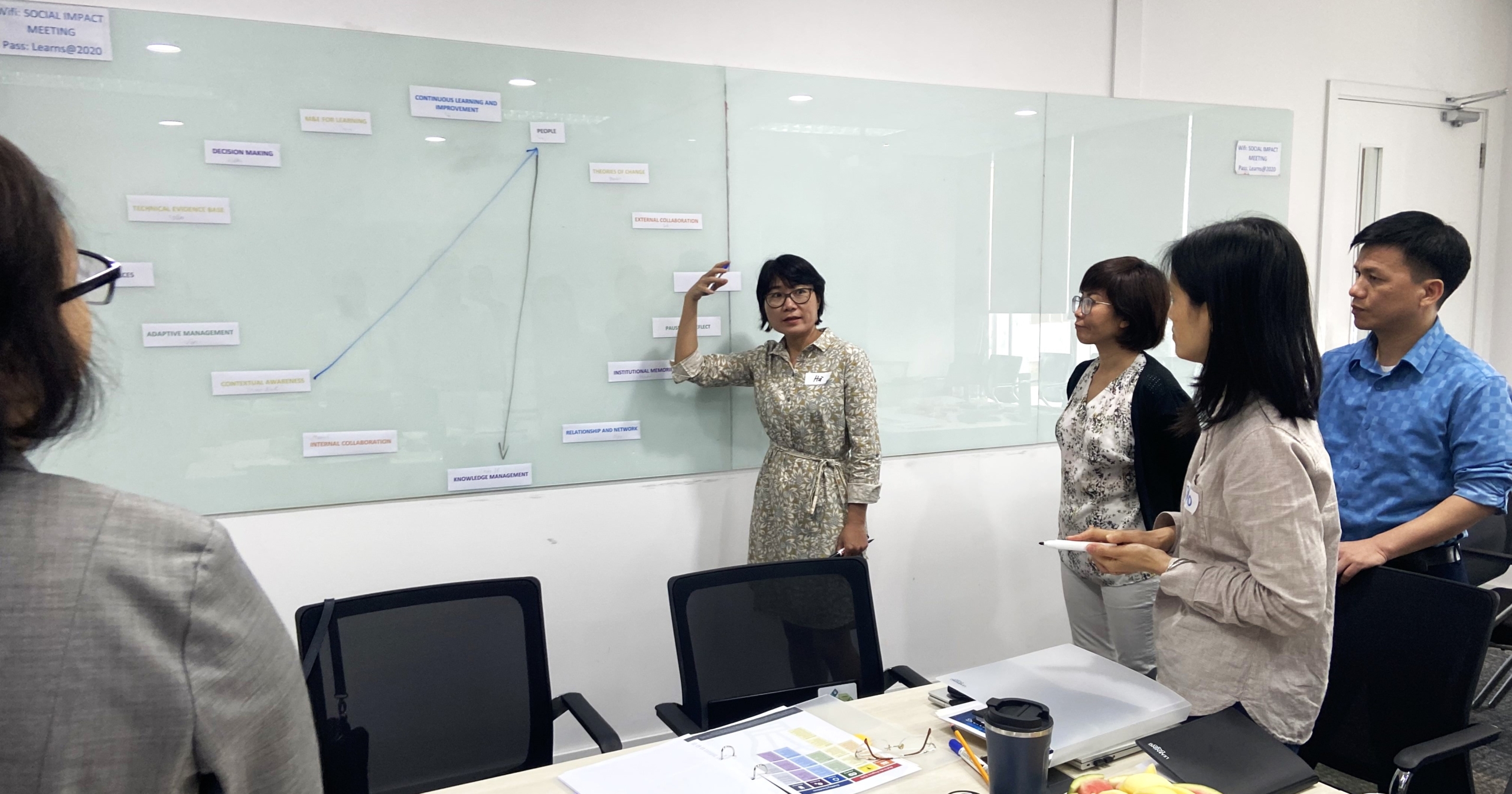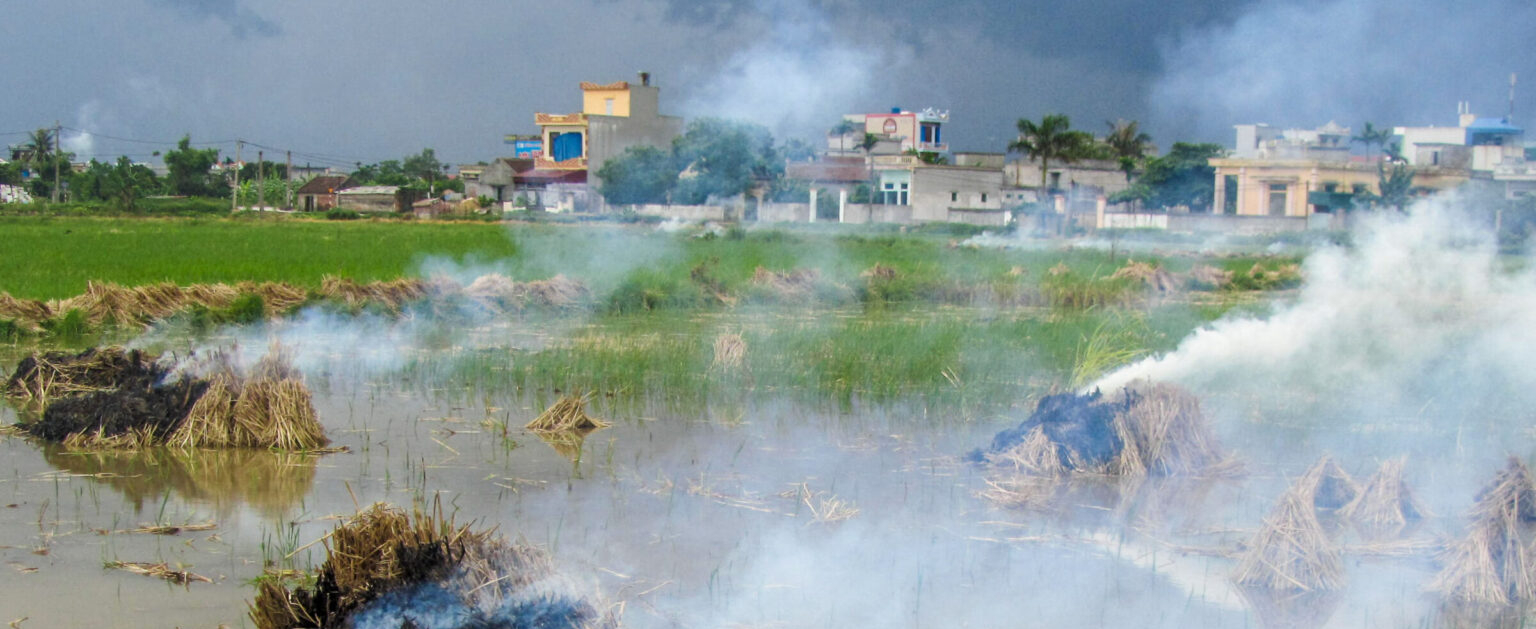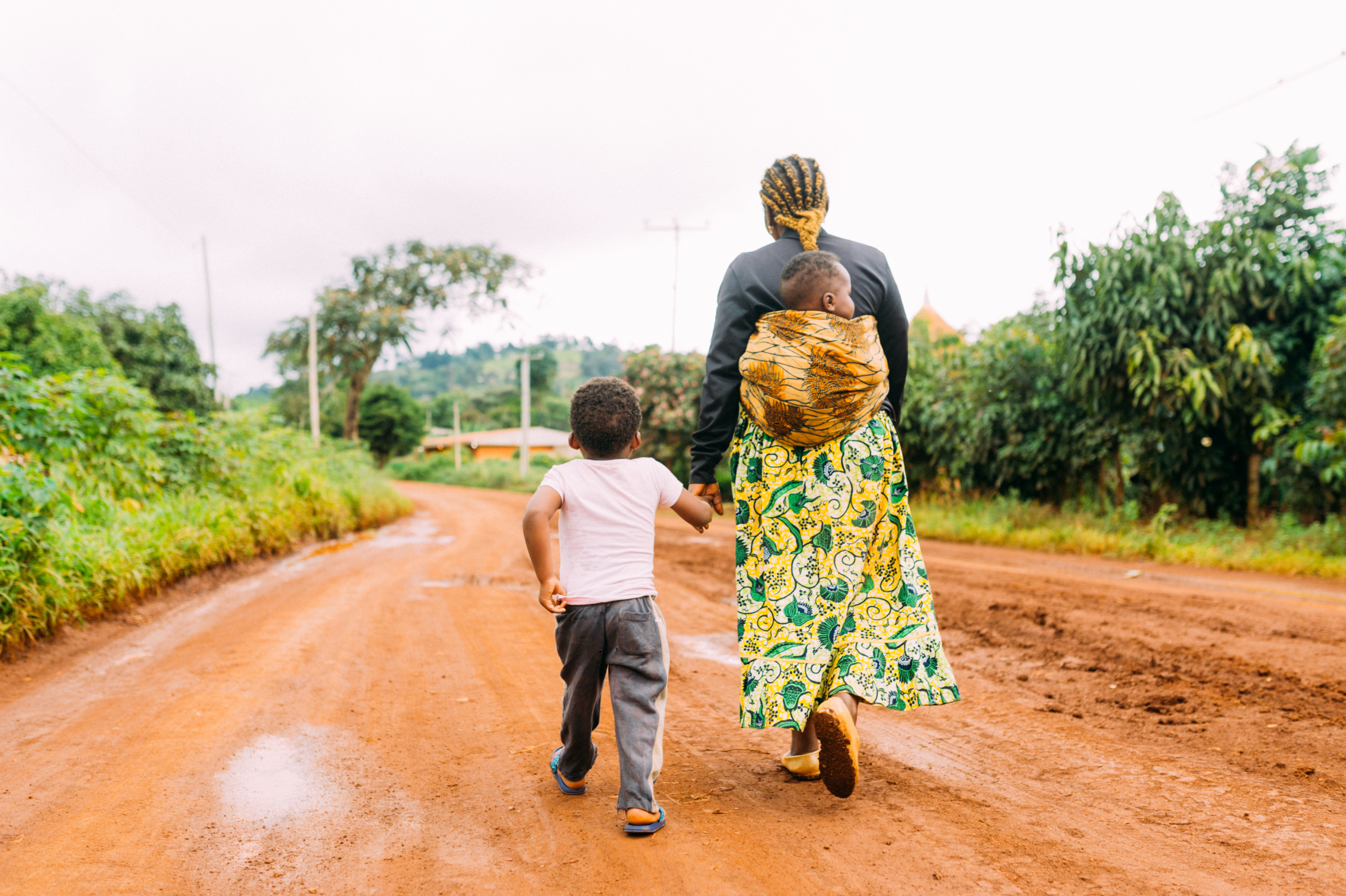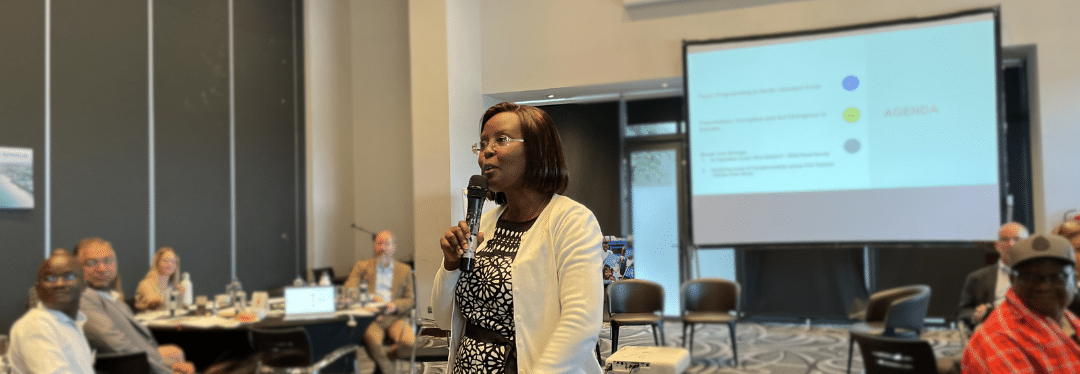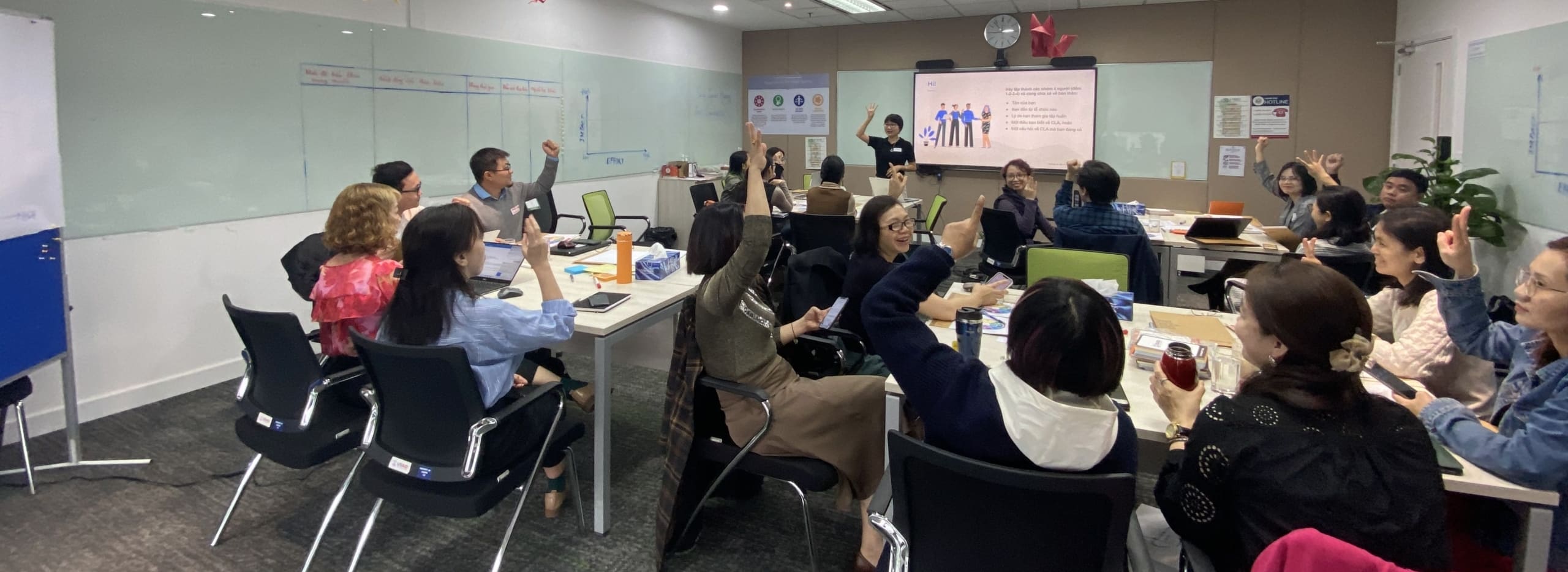Introduction
Today marks World Day Against Trafficking in Persons. According to the International Labor Organization, Walk Free, and the International Organization for Migration, there were approximately 27.6 million victims of trafficking – about the population of Texas – worldwide at any given time in 20211. Of this total population, 17.3 million were exploited in the private sector, 6.3 million in forced commercial sexual exploitation, and 3.9 million in forced domestic labor imposed by state authorities.
Trafficked victims do not need to be “physically transported from one location to another” for a crime to be considered human trafficking. All work or service forced upon a person involuntarily accounts as a human trafficking crime of exploitation and coercion. Traffickers can take victims miles away from their homes or exploit them in the same neighborhood where they live.
Social Impact has worked and continues to work with partner organizations to counter trafficking in persons (CTIP). Our portfolio of CTIP activity in recent years includes work in Laos, Botswana, Vietnam, and the Philippines.
Laos
In January 2023, Social Impact conducted a mid-term assessment of USAID/Laos’ Counter Trafficking in Persons Activity and provided follow-on design support to the Mission. Human trafficking is often closely related to migration, especially in cases where people are willing to migrate but are unable to obtain regular access to the desired destination. According to the U.S. Department of State’s 2022 Trafficking in Persons (TIP) report, human traffickers exploit domestic and foreign victims within Laos and traffickers exploit victims from Laos abroad; traffickers also make use of Laos PDR territory to transport foreign victims to other countries in the region.
The mid-term assessment of the Laos CTIP project will be finalized in September 2024. The assessment will adopt a participatory approach involving key stakeholders to increase ownership of the assessment and findings, and to ensure the validation of findings. The assessment will also include stakeholders who are not directly involved in the project’s implementation, but who are working in counter-trafficking and migration, and who can provide insight on the context and coherence.
The assessment will use two forms of data and information collection – a desk review and key-informant interviews (KIIs). KIIs are currently on-going in Vientiane and three southern provinces of Savannakhet, Salavan, and Champasak.
Botswana
Botswana, a crucial crossroads between Central and Southern Africa, faces a distressing reality as a source and destination country for human trafficking. Despite enacting the Anti-Human Trafficking Act in 2014, the scale of the problem remains shrouded in mystery due to limited systematic research and statistics collected on the topic. To increase data availability and inform future CTIP programming, USAID/Botswana commissioned a comprehensive research study to delve into this issue and address it head-on. From March 2021 to October 2022, SI carried out this assessment and produced clear recommendations for future CTIP programming to USAID based on findings and conclusions developed from qualitative data collection and analysis.
The research team conducted extensive interviews with various stakeholders, including local government officials, social workers, law enforcement officers, NGOs, and more. SI’s findings exposed that adult labor trafficking, forced child labor trafficking, and sex trafficking are all growing within the nation’s borders. Victims of labor trafficking toil under harsh conditions on farms with withheld identification documents, while children are ensnared into forced labor in agriculture, construction, and domestic work. Sex trafficking emerged as the most prevalent form of trafficking, victimizing young women, often at the hands of older men or even relatives. The study also highlighted areas of vulnerability and the urgent need for comprehensive support services for trafficking survivors. The results of the study were included in the 2022 Trafficking in Persons Report produced by the U.S. Department of State and were presented to a large audience of USAID staff members involved in CTIP work in the Southern Africa region.
Vietnam
Recent State Department Trafficking in Persons Reports have found that Vietnam does not fully meet the minimum standards for eliminating trafficking in persons but is making significant efforts to do so. In this context, SI’s USAID Learns project completed an assessment on countering trafficking in persons in Vietnam in 2021, aiming to help USAID/Vietnam understand the opportunities for, and possible challenges to, supporting these efforts.
The assessment found ample opportunities to support protection and prevention initiatives, either by working closely with model provinces interested in addressing trafficking, or by engaging with actors in a key sector with trafficking vulnerabilities, such as construction or hospitality. USAID in Vietnam is using the findings from SI to explore new programming on countering trafficking.
Philippines
From 2010 to 2020, internet usage in the Philippines grew explosively, from 25% to 50% of the population. While global connectivity has provided staggering benefits, the Philippines has also emerged in recent years as a hotspot for a related phenomenon—the Online Sexual Exploitation of Children (OSEC)–in which traffickers produce, possess, or facilitate visual depictions of sexual abuse of a minor. Often, OSEC is live-streamed and sold to foreign perpetrators. To bolster efforts to investigate, prosecute, and convict those perpetrating OSEC, the US Department of State (DoS) and the Government of the Philippines (GoPH) signed the Child Protection Compact (CPC) in April 2017.
To assist the CPC in targeting its countertrafficking programming, Social Impact (SI) led a baseline study, which identified gaps in case data collection, investigator coordination, and child trauma reduction measures. SI also assessed the extent to which CPC objectives were met and whether there were any observed changes in OSEC and child labor trafficking case handling. Both studies consisted of extensive desk review and secondary data analysis, along with key informant interviews and an online survey with actors fighting these crimes on the frontlines, such as law enforcement, social workers, prosecutors, and judges.
Conclusion
Preventing, detecting, and ending human trafficking is a complex global issue that requires comprehensive strategy and multilateral cooperation. Social Impact will continue to work with governments, industry, and communities to combat CTIP crimes globally. It is crucial to recognize and address human trafficking, today and every day, to protect the rights and dignity of all individuals, and to end exploitation.
1 International Labour Organization (ILO), Walk Free, and International Organization for Migration (IOM), Geneva, 2022: Global Estimates of Modern Slavery: Forced Labour and Forced Marriage

